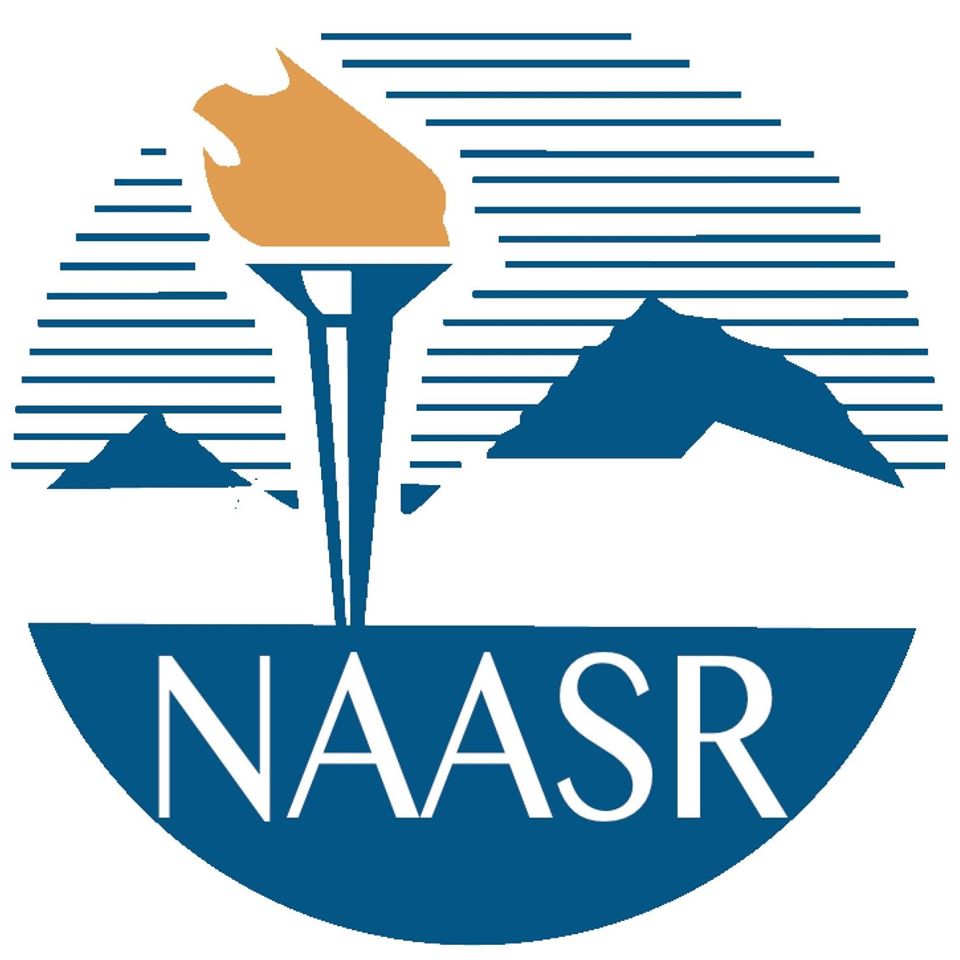NAASR will present an online panel discussion on Thursday, July 30, at 7:00 p.m. (Eastern U.S. time) entitled “Cultural Destruction, Cultural Memory: The Heritage of the Khachkars of Jugha (Old Julfa).” This event will be held live on Zoom (registration required) and streaming on NAASR’s YouTube channel. This program is made possible through the generous support of the Dadourian Foundation.
The erasure of Armenian cultural history in Nakhichevan is one of the most underreported acts of cultural destruction in the 21st century. The year 2020 marks the 15-year commemoration of the final phase of this systematic destruction, when in 2005, the Azerbaijani army destroyed with sledgehammers thousands of remaining khachkars in Jugha (Old Julfa) in Nakhichevan, effectively eliminating the last remains of Armenian cultural presence in the region. UNESCO had designated these monuments as Cultural Identity but took no action to protect them.
This program will be the first of a series to raise awareness throughout the world about this act of cultural destruction, as well as the artistic, cultural, and religious significance of khachkars through the ages, ongoing efforts at preserving ancient ones still standing, and the art of the khachkar today.
The program will feature the following panelists: Ani Babaian, an independent researcher and artist and art conservator and serves as the Library Curator at the National Association for Armenian Studies and Research (NAASR); Simon Maghakyan, a lecturer in International Relations at the University of Colorado Denver and independent investigator of the cultural genocide of Nakhichevan’s Armenian past; and Christina Maranci, Arthur H. Dadian and Ara Oztemel Professor of Armenian Art and Architecture and Chair of the Department of History of Art and Architecture at Tufts University.



Be the first to comment